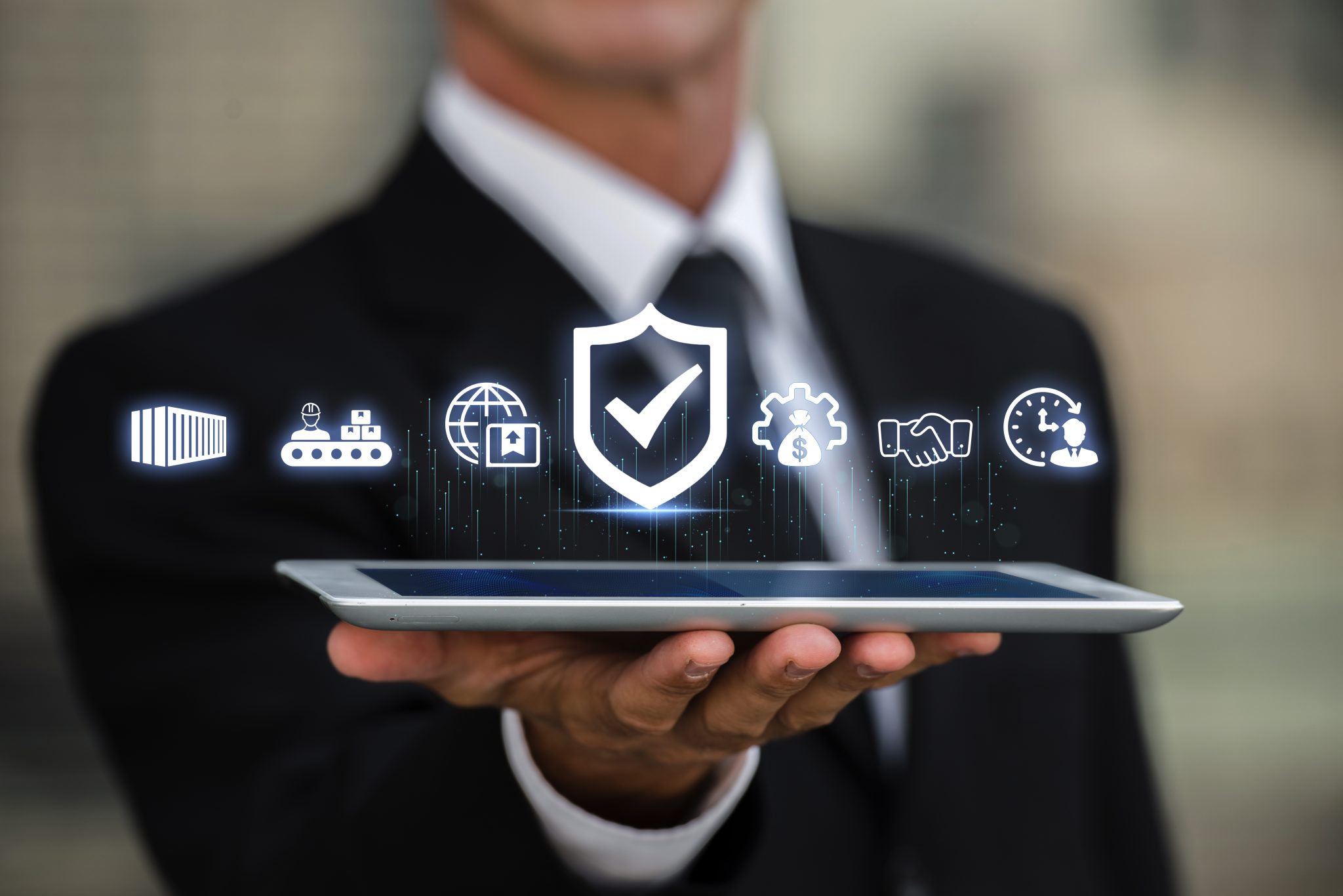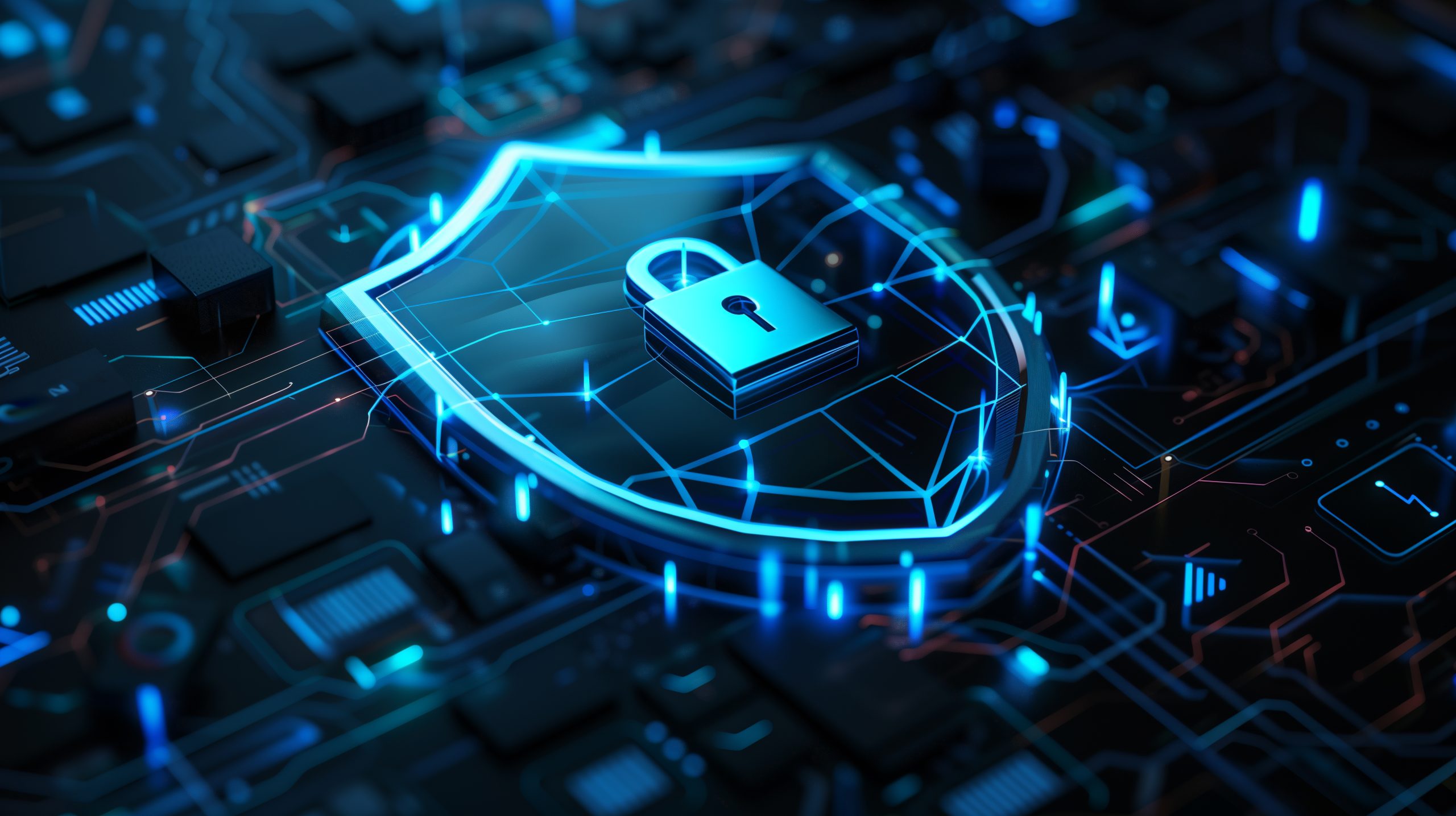
In the dynamic world of online retail, securing customer payment data is not just a technical requirement—it’s a business necessity. With cyberattacks on the rise and customers increasingly conscious about digital security, PCI DSS e-commerce compliance has become a benchmark for trust and credibility in India’s growing online marketplace.
Whether you're running a small online store or managing a large-scale e-commerce platform, PCI DSS compliance certification helps you secure transactions, build customer confidence, and avoid costly security breaches. In this blog, we’ll explore why PCI DSS for e-commerce is essential, what it costs in India, and how compliance can boost your business growth and credibility.
What is PCI DSS Compliance?
PCI DSS (Payment Card Industry Data Security Standard) is a globally recognized set of security standards developed by major card networks like Visa, MasterCard, and American Express. Its purpose is to ensure that all companies that store, process, or transmit cardholder data maintain a secure environment.
For e-commerce businesses, PCI DSS compliance is mandatory. It establishes technical and operational guidelines that protect customer card data during online transactions and reduce the risk of data breaches.
Why PCI DSS Compliance is Critical for E-commerce Businesses
1. PCI Compliance Can Boost Your E-commerce Business
Adopting PCI DSS standards shows that your business prioritizes security. This builds consumer trust, leading to higher conversions and repeat purchases. In a digital landscape where users are cautious about where they shop, PCI compliance acts as a powerful trust signal.
By displaying compliance badges and secure checkout features, businesses can reassure customers that their payment details are safe—boosting your brand’s reputation and ROI.
2. Reduces the Risk of Data Breaches
E-commerce sites are frequent targets for hackers. Without PCI DSS controls like encryption, firewalls, and authentication protocols, sensitive cardholder data can be compromised. PCI DSS e-commerce compliance ensures that all payment data is securely handled, stored, and transmitted.
Compliance mandates the use of TLS 1.2 encryption, regular vulnerability scanning, and restricted access to data—all of which drastically reduce the likelihood of breaches.
3. Avoids Hefty Fines and Legal Consequences
Non-compliance isn’t just risky—it’s expensive. Businesses that fail to comply with PCI DSS could face fines ranging from ₹4 lakhs to over ₹80 lakhs per month, depending on the volume of transactions and the duration of non-compliance. Lawsuits, chargebacks, and damage to brand equity can multiply the loss.
By staying compliant, e-commerce businesses can avoid these penalties and legal headaches.
4. Improves Payment System Reliability
Most payment processors and merchant banks in India require PCI DSS certification before allowing payment integrations. A compliant payment gateway ensures uninterrupted service, faster transactions, and reduced chances of transaction failures.
PCI DSS compliance also aligns your platform with the best global practices—ensuring seamless integration with global card networks and payment processors.
Key PCI DSS Requirements for E-commerce Compliance
To achieve and maintain PCI DSS for e-commerce, businesses must meet 12 core security requirements. Here are the essentials every online business must address:
- Build and maintain a secure network: Use firewalls and ensure secure configurations.
- Encrypt transmission of cardholder data: TLS 1.2 or higher must be used for secure data flow.
- Protect stored cardholder data: Through tokenization and encryption.
- Maintain vulnerability management: Update systems and patch known weaknesses regularly.
- Restrict access to cardholder data: Only authorized personnel should access it.
- Monitor and test networks: Conduct routine audits, log monitoring, and penetration tests.
- Implement strong access control: Use multi-factor authentication (MFA) for sensitive areas.
- Train staff regularly: Human error is a major cause of breaches, so education is key.
These controls must be consistently audited and enforced to retain your certification status.
How to Achieve PCI DSS E-commerce Compliance
1. Assess Your Current Security Posture
Use PCI DSS assessment tools or partner with a certified auditor to identify compliance gaps in your current infrastructure.
2. Implement Necessary Controls
Update your systems with encryption, anti-virus software, secure authentication methods, and limited access protocols.
3. Engage a PCI DSS Certification Service Provider in India
Choose an experienced provider who understands the regulatory environment and offers cost-effective, tailored solutions for your e-commerce model.
4. Conduct Ongoing Security Audits
Compliance is not a one-time activity. Schedule regular penetration tests, vulnerability scans, and system monitoring.
5. Train Your Employees
Your team must know how to recognize phishing attempts, secure customer data, and operate within PCI DSS guidelines.
Choose the Right PCI DSS Certification Partner
Working with a trusted PCI DSS certification service company in India is essential. Look for:
- Proven experience with e-commerce platforms
- In-house QSA or partner network
- Transparent pricing structure
- End-to-end compliance support
Final Thoughts
For online businesses in India, PCI DSS compliance is more than a checkbox—it’s the foundation of secure digital commerce. It ensures that customer card data is protected, reduces fraud risks, prevents legal troubles, and boosts your e-commerce business credibility.
By investing in PCI DSS certification with Cloud Patrons, you not only meet global compliance standards but also send a powerful message to your customers: Their trust matters
FAQ
PCI DSS (Payment Card Industry Data Security Standard) compliance is a set of global security standards designed to protect cardholder data during online transactions. For e-commerce businesses, PCI DSS compliance ensures that sensitive payment information is securely processed, stored, and transmitted, reducing the risk of data breaches and fraud.
Yes, PCI DSS compliance is mandatory for all e-commerce businesses in India that accept, process, or store card payments. Without compliance, businesses risk legal penalties, fines, and loss of credibility with customers and payment processors.
The cost of PCI DSS certification in India depends on business size, transaction volume, and infrastructure complexity. For small businesses, it may start from ₹1.5 lakhs, while large-scale e-commerce platforms may need to invest ₹5 lakhs to ₹15 lakhs or more annually. Choosing the right certification provider helps optimize costs without compromising security.


